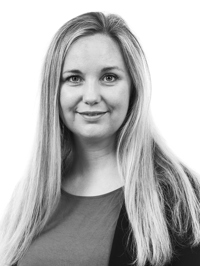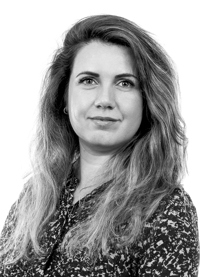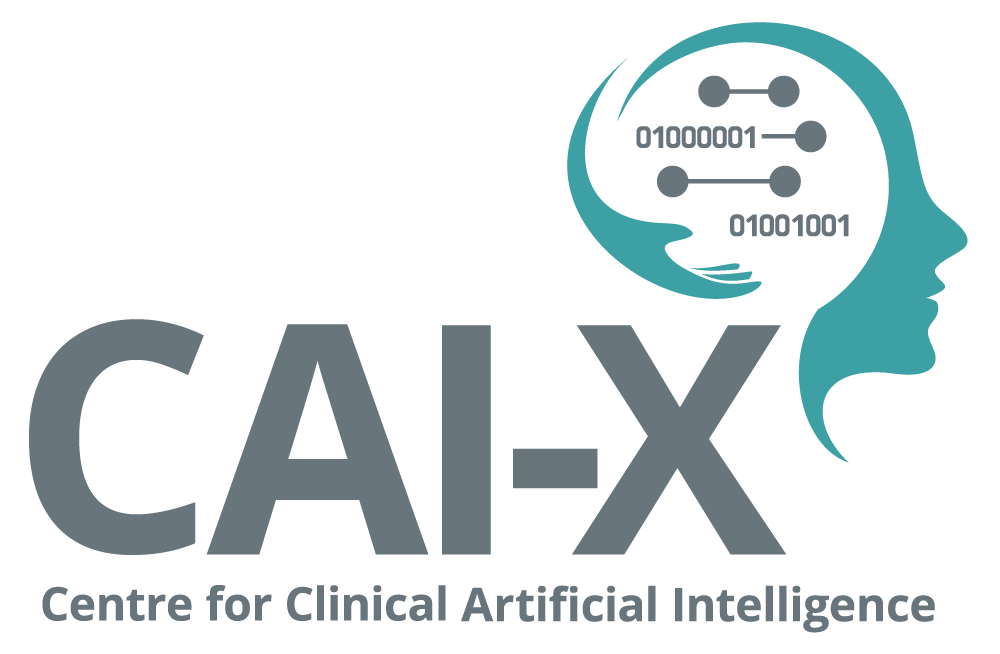Intelligent Patient Monitoring
In our hospitals, there is a high risk that elderly patients with dementia or other health problems will experience a fall, especially when getting in and out of bed or when using the toilet. Fall incidents can lead to serious injuries such as broken bones and prolonged hospital stays, which can negatively affect the patients' quality of life.
Project period
Start: August 2024
End: June 2025
Nurses at the Department of Geriatric Medicine at OUH Odense and Svendborg use a lot of their working hours to continuously address fall accidents by preventing agitated patients from falling or rising from the bed by sitting guard with them.
The existing methods of keeping an eye on patients can be troublesome and ineffective. As an example, pressure-sensitive mats creates too many false alarms, which stresses both patients and staff, while also disturbing the patients' sleep. The routine observations that the nurses carry out every evening and during the night also risk disturbing the patients' sleep, which is very crucial for the general condition of patients with dementia or delirium.
Aim
This project aims to test an intelligent patient monitoring solution. The solution uses advanced technology in the form of infrared sensors and artificial intelligence to monitor the patients without disturbing them.
The solution works by anticipating behaviour patterns and by alerting staff if a patient is in danger of falling so they can intervene in due time without disturbing the patients' sleep when staff is alerted.
The project will assess the solution to make sure that it creates value at the ward and departments. If it improves the safety and well-being of patients who are vulnerable to falling and being seriously injured, it could change the procedures for fall prevention in the future and free up time for other care tasks without compromising quality of care or safety.
Partners
The project is anchored in the Department of Geriatric Medicine at both OUH and Svendborg Hospital through chief physician Kristian Bergholt Buhl, chief physician Anette Tanderup and head nurse Janeke Espensen, since both wards have patients at high risk of falls and use a lot of staff resources on continuous patient observation and monitoring shifts with particularly vulnerable patients.
Centre for Clinical Robotics (CCR) will conduct testing and technology support, while CAI-X is supporting the project with project management, study design and assessment.
Funding
The project has received funding from the internal Innovation Fund at OUH.

Camilla Stryhn
Project Manager
Odense University Hospital, Dept. of Clinical Development - Innovation, Research & HTA
(+45) 2323 7449 camilla.stryhn@rsyd.dk

Angelina Stoyanova Wolf
Innovation Consultant
Odense University Hospital, Department of Clinical Development - Innovation, Research & HTA
(+45) 2384 8343 asw@rsyd.dk

Peter Børker Nielsen
Programme Manager
Centre for Clinical Artificial Intelligence (CAI-X). Odense University Hospital, Dept. of Clinical Development - Innovation, Research & HTA
(+45) 2460 7692 peter.borker.nielsen@rsyd.dk
